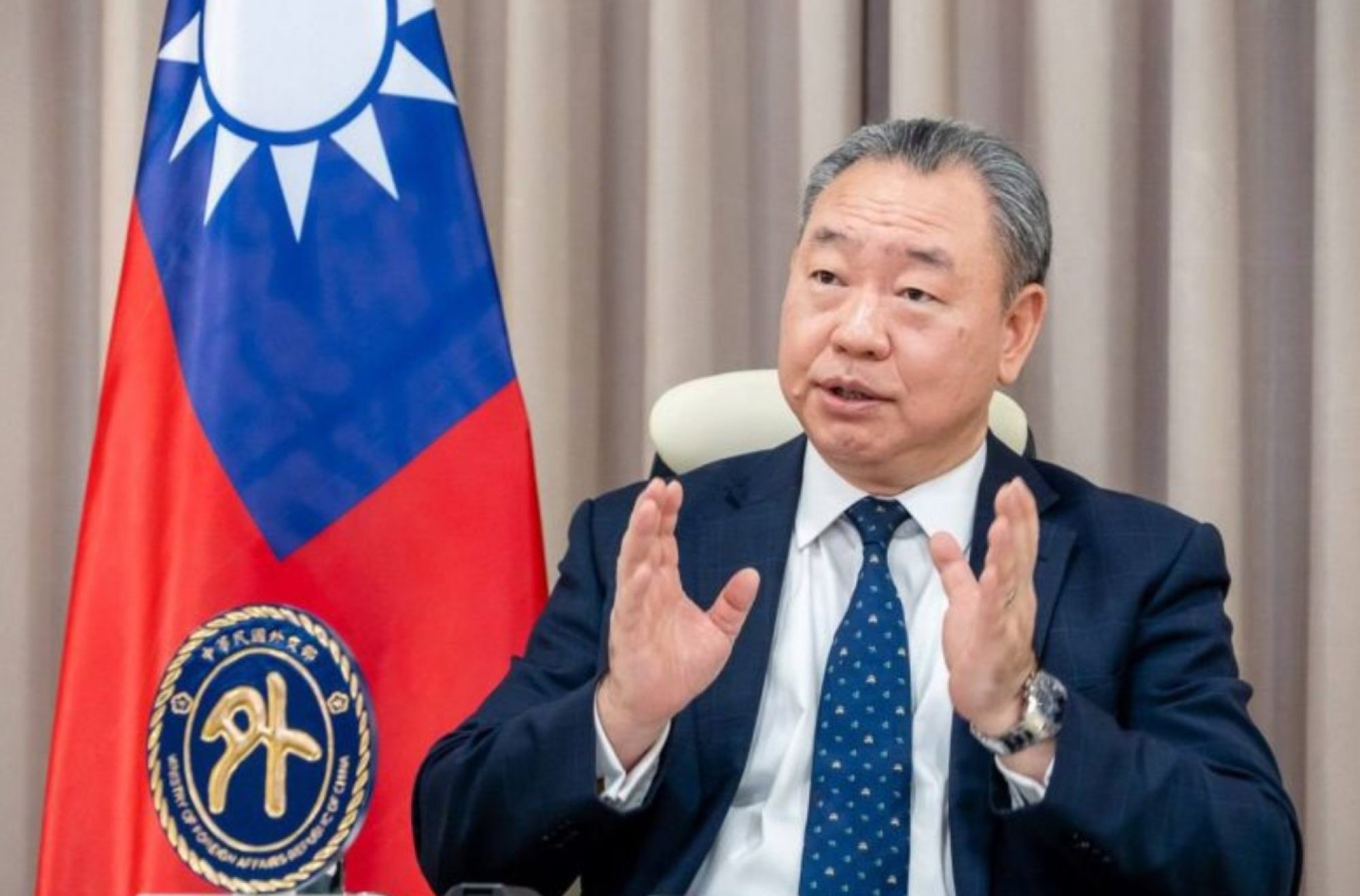
Incoming Taiwan leader is open to Beijing dialogue ‘on equal footing’ with ‘mutual respect’: envoy
- Taipei’s de facto diplomatic envoy to the US under president-elect William Lai Ching-te also says most on the island ‘prefer the status quo’
- ‘We don’t want confrontations,’ he adds, while noting that Taiwan ‘will also not be bullied by a stronger force’
Taipei’s de facto diplomatic envoy to the US on Tuesday emphasised that the incoming leader of the self-governing island is open to engaging with Beijing on the basis of “equal footing” and “mutual respect,” reaffirming support for the status quo.
Lai was “willing to have talks with Beijing, obviously … on equal footing and on the basis of mutual respect”, said Yui, who took up his post in Washington in December.
Lai’s inauguration is scheduled for May 20.

The new administration favours maintaining the status quo, Yui added, saying this was in keeping with sentiment on the island.
“If you ask people in Taiwan nowadays, most Taiwanese prefer the status quo. This has ensured our peace and tranquillity,” said Yui, without mentioning the 1992 consensus that Beijing sees as a prerequisite for improved cross-strait ties.
The 1992 consensus – an unofficial agreement that there is only one China but the two sides may disagree about what that means – was reached when Taiwan’s main opposition party, the Kuomintang, was in power.
Beijing claims Taiwan as part of its territory and has said it will eventually unite the island with the mainland, by force if necessary.
The Chinese embassy in Washington responded sharply, asserting that Lai persistently espoused separatist ideals, openly identifying himself as a “pragmatic worker” for Taiwan independence.
Describing reunification as an “inevitable trends of history”, Liu Pengyu, a spokesperson for the embassy, said that “if Lai really wants to resume cross-strait dialogue, he should return to the political basis of the 1992 consensus”.
Ma’s visit to the mainland was the first by a former leader of the island since 1949, and he called on his successor to take note of Xi’s goodwill and refrain from “walking the independence path”.
“Guarantee not to pursue Taiwan independence, allow both sides of the strait to return to the common political foundation of the 1992 consensus and engage in various exchanges on an equal and dignified basis,” Ma said in April.
The Beijing-friendly Kuomintang candidate, Hou Yu-ih, placed second with 33.5 per cent, and Ko Wen-je of the relatively new Taiwan People’s Party garnered 26.5 per cent of the vote.
Since then, Beijing has suspended official exchanges with Taiwan and intensified pressure on the island through military, diplomatic and economic measures. This has coincided with Taipei’s increasing diplomatic and defence ties with Washington.
“We are in the region, we have to prosper together,” said Yui. “We don’t want confrontations. We are responsible. We will not be the aggressors. We will not start the aggression, but [we] will also not be bullied by a stronger force.”

